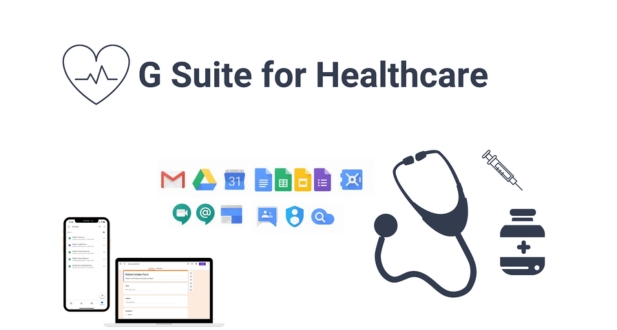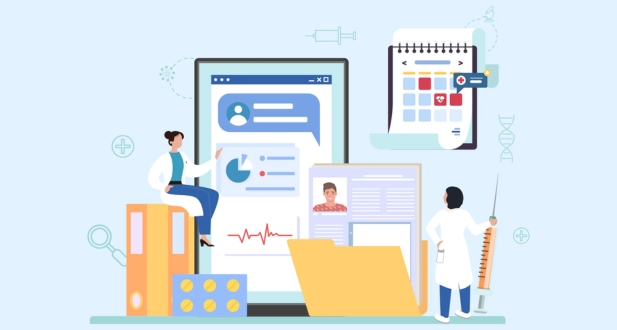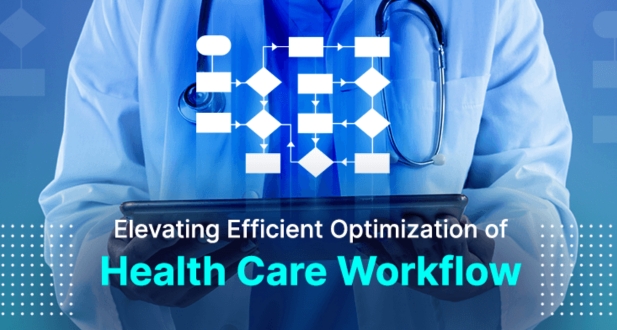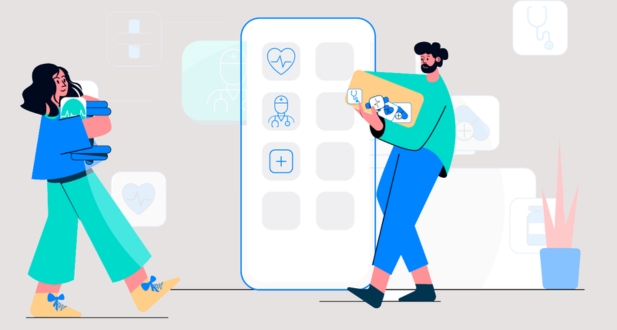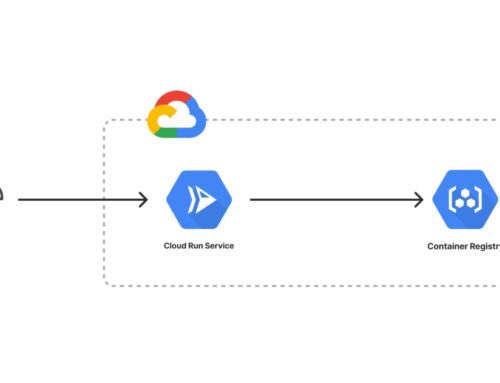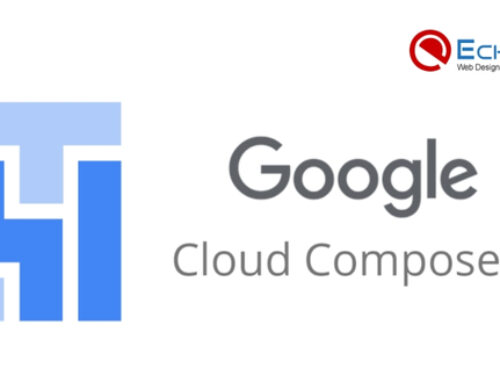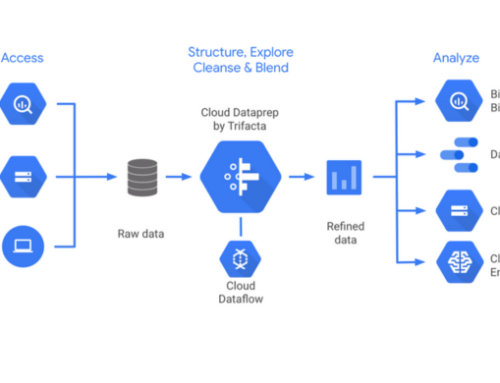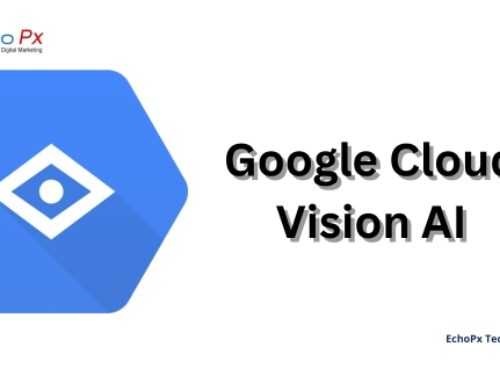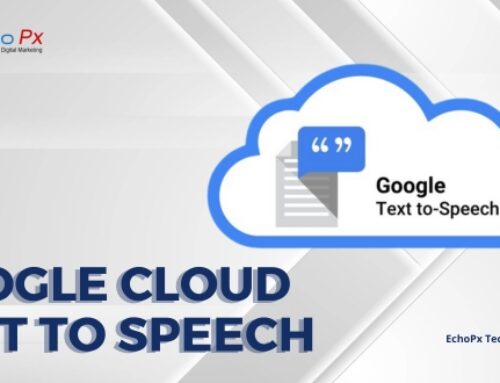Introduction: Revolutionizing Healthcare with Google Workspace
In an era marked by rapid technological advancements, healthcare organizations are embracing innovative solutions to enhance efficiency, collaboration, and patient care. Google Workspace for Healthcare emerges as a transformative tool, tailored to meet the unique demands of the healthcare industry. This introduction delves into the core elements that define Google Workspace for Healthcare and elucidates its profound significance in providing tailored solutions for the healthcare sector.
Definition of Google Workspace for Healthcare
Google Workspace for Healthcare is a comprehensive suite of cloud-based productivity and collaboration tools specifically designed to meet the intricate needs of healthcare organizations. It encompasses a range of applications, including Gmail, Google Meet, Google Drive, and more, fostering seamless communication, secure data sharing, and streamlined workflows within healthcare settings.
Unlike generic productivity suites, Google Workspace for Healthcare incorporates features and functionalities specifically curated to align with the complex and sensitive nature of healthcare operations. From facilitating secure communication to ensuring compliance with healthcare data regulations, this specialized workspace plays a pivotal role in modernizing healthcare practices.
Significance of Tailored Solutions for Healthcare
Healthcare operations demand a level of precision and security that generic productivity tools may struggle to provide. The significance of tailored solutions for healthcare lies in addressing these specific needs. Google Workspace for Healthcare acknowledges the intricacies of healthcare workflows, offering tools that are not only user-friendly but also compliant with healthcare data privacy regulations.
The tailored solutions cater to the unique challenges faced by healthcare professionals, providing a cohesive platform where collaboration, data management, and communication can occur seamlessly. By understanding the intricacies of healthcare, Google Workspace aims to empower healthcare organizations to focus on what matters most – delivering optimal patient care.
Overview of Google Workspace’s Role in Healthcare Productivity
Google Workspace serves as a catalyst for elevating healthcare productivity to unprecedented levels. Its role extends beyond conventional productivity suites, offering a dynamic ecosystem that facilitates collaboration, communication, and data management. Healthcare professionals can leverage the suite’s capabilities to streamline administrative tasks, enhance team collaboration, and ensure the secure handling of patient information.
From scheduling appointments with Google Calendar to conducting virtual consultations through Google Meet, Google Workspace seamlessly integrates into healthcare workflows. This overview encapsulates the multifaceted role that Google Workspace plays in driving healthcare productivity, setting the stage for an in-depth exploration of its features, benefits, and future potential within the healthcare landscape.
Understanding Healthcare-specific Workspace Plans: Tailored Solutions for the Medical Realm
In the ever-evolving landscape of healthcare, the need for specialized tools that align with the industry’s unique demands has become increasingly apparent. Google Workspace recognizes these challenges and responds with dedicated healthcare plans designed to enhance collaboration, safeguard sensitive data, and streamline operations within healthcare institutions.
Overview of Google Workspace Healthcare Plans
Google Workspace Healthcare Plans stand at the forefront of industry-specific solutions, offering a suite of tools finely tuned to meet the intricate needs of healthcare organizations. These plans go beyond standard business packages, incorporating features and functionalities tailored to address the complexities of medical workflows. From secure communication to robust data management, Google Workspace Healthcare Plans provide a holistic solution for healthcare professionals.
Within this comprehensive offering, healthcare organizations gain access to specialized applications, such as Gmail for Healthcare, Google Meet for virtual consultations, and Google Drive for secure document storage. The amalgamation of these tools into a cohesive ecosystem is geared towards revolutionizing the way healthcare institutions operate, fostering collaboration and ensuring compliance with stringent healthcare data regulations.
Comparison of Basic, Business, and Healthcare Packages
To understand the unique advantages of Google Workspace Healthcare Plans, a comparative analysis with the generic Basic and Business packages is essential. While the Basic and Business plans cater to general business needs, the Healthcare Packages take a step further by incorporating additional security layers and compliance features crucial for the healthcare sector.
In comparison, the Healthcare Packages offer heightened security measures, including advanced data encryption and access controls, to protect patient information effectively. These plans are designed to meet the stringent requirements of healthcare data privacy regulations, ensuring that sensitive medical data is handled with the utmost care.
Moreover, healthcare organizations opting for Google Workspace Healthcare Plans benefit from specialized support channels attuned to the industry’s nuances. This tailored support is invaluable in addressing healthcare-specific queries and concerns promptly, fostering a seamless user experience within the medical community.
Scalability and Flexibility for Healthcare Institutions
Scalability is a key consideration for healthcare institutions that experience varying workloads and evolving demands. Google Workspace Healthcare Plans are crafted with scalability in mind, allowing healthcare organizations to adapt and grow without compromising efficiency.
Whether a small clinic or a large hospital network, healthcare institutions can scale their Google Workspace usage based on the number of users, ensuring that the suite evolves alongside the organization. The flexibility offered by these plans caters to the diverse needs of healthcare providers, enabling them to customize their Google Workspace experience to align with their specific operational requirements.
In essence, the scalability and flexibility embedded in Google Workspace Healthcare Plans empower healthcare institutions to navigate the dynamic landscape of the healthcare industry seamlessly. This section provides a comprehensive understanding of how these plans stand as a dedicated solution, addressing the distinctive needs of the healthcare sector.
Features and Benefits for Healthcare Professionals: Optimizing Medical Workflows
Google Workspace for Healthcare extends a comprehensive array of features and benefits tailored to meet the unique demands of healthcare professionals. From secure communication to streamlined administrative controls, this section delves into the tools and functionalities that make Google Workspace an indispensable asset within the medical realm.
Collaboration Tools Tailored for Healthcare
- Gmail for Secure Communication
Communication lies at the heart of effective healthcare delivery, and Gmail for Healthcare ensures secure and confidential communication channels. With advanced encryption protocols, healthcare professionals can exchange sensitive patient information without compromising data security.
- Google Meet for Telehealth Consultations
In an era where telehealth has become integral, Google Meet steps forward as a robust platform for virtual consultations. Tailored to meet the stringent privacy requirements of healthcare, Google Meet facilitates seamless telehealth interactions, ensuring that medical professionals can connect with patients remotely while adhering to privacy standards.
- Google Drive for Protected Data Sharing
Sharing and accessing patient data demands a secure and organized platform. Google Drive for Healthcare provides a centralized repository for storing and sharing medical records, test results, and other critical information. With granular access controls, healthcare professionals can manage data sharing with precision, ensuring that patient confidentiality is upheld.
Productivity Applications Aligned with Healthcare Workflows
- Google Docs, Sheets, and Slides for Collaborative Documentation
Collaborative documentation is a cornerstone of efficient healthcare workflows. Google Docs, Sheets, and Slides facilitate real-time collaboration, allowing healthcare professionals to create, edit, and review documents simultaneously. This collaborative approach enhances productivity and ensures that accurate and up-to-date information is readily available.
- Google Calendar for Appointment Scheduling
Efficient appointment scheduling is vital in healthcare settings. Google Calendar for Healthcare streamlines this process, allowing medical professionals to coordinate schedules seamlessly. Automated reminders and integrated features enhance the patient appointment experience while optimizing the operational efficiency of healthcare institutions.
- Google Forms for Streamlining Data Collection
Patient data collection, surveys, and feedback play a crucial role in improving healthcare services. Google Forms for Healthcare provides a user-friendly platform for creating customized forms, enabling healthcare professionals to gather valuable insights, streamline data collection, and enhance the overall patient experience.
Administrative Controls and Security Features
- Admin Console for Centralized Management
The Admin Console serves as the nerve center for healthcare organizations, providing centralized management of Google Workspace. Admins can configure settings, manage user accounts, and enforce security policies from a unified platform, ensuring smooth and secure operations.
- Enhanced Security Measures for Patient Data Protection
Patient data security is paramount in healthcare, and Google Workspace Healthcare Plans incorporate enhanced security measures. These include advanced data encryption, secure transmission protocols, and robust access controls to safeguard patient information throughout its lifecycle.
- Two-factor Authentication (2FA) Implementation
In the healthcare landscape, where data breaches can have severe consequences, the implementation of Two-Factor Authentication (2FA) adds an extra layer of protection. 2FA enhances user authentication, reducing the risk of unauthorized access and bolstering the overall security posture of healthcare organizations.
In essence, the features and benefits outlined in this section showcase how Google Workspace for Healthcare goes beyond conventional productivity suites, catering specifically to the nuanced requirements of healthcare professionals. By aligning with healthcare workflows and prioritizing security, Google Workspace becomes an invaluable tool in optimizing medical operations.
Integration with Third-Party Healthcare Apps: Enhancing Functionality for Improved Patient Care
Integration with third-party healthcare applications is pivotal for healthcare professionals leveraging Google Workspace. This section explores the significance of the Google Workspace Marketplace for Healthcare and the benefits of strengthening functionality through integrated healthcare applications, ultimately streamlining workflows.
Google Workspace Marketplace for Healthcare
The Google Workspace Marketplace serves as a centralized hub for a myriad of applications designed to enhance the functionalities of Google Workspace. For healthcare professionals, the Marketplace offers a dedicated section tailored to their specific needs. Here, healthcare institutions can discover and integrate applications that cater to various aspects of patient care, administrative tasks, and collaborative efforts.
By leveraging the Google Workspace Marketplace, healthcare organizations can access a curated selection of applications, ensuring compatibility and seamless integration with their existing Google Workspace environment. This centralized approach simplifies the process of discovering and adopting tools that address unique healthcare challenges, from patient engagement platforms to advanced analytics solutions.
Strengthening Functionality with Integrated Healthcare Applications
The integration of healthcare-specific applications with Google Workspace amplifies the platform’s capabilities, offering a comprehensive solution for healthcare professionals. These integrated applications can cover a spectrum of functionalities, including:
Telehealth Platforms: Seamless integration with telehealth applications allows healthcare professionals to conduct virtual consultations directly within the Google Workspace environment. This not only enhances patient accessibility but also streamlines scheduling and documentation processes.
Clinical Decision Support Systems: Integrating clinical decision support tools ensures that healthcare providers have immediate access to relevant medical information, treatment guidelines, and best practices. This enhances diagnostic accuracy and supports evidence-based decision-making.
Patient Engagement Tools: Integrated applications for patient engagement enable healthcare organizations to communicate effectively with patients, share educational materials, and collect feedback. These tools contribute to improved patient outcomes and satisfaction.
Streamlining Workflows through Seamless Integrations
Efficient workflows are essential in the healthcare sector, where time-sensitive decisions and coordinated efforts are paramount. By seamlessly integrating third-party healthcare applications, Google Workspace becomes a unified platform that streamlines workflows across different departments and functions.
For example, an integrated appointment scheduling application can synchronize with Google Calendar, allowing healthcare professionals to manage appointments seamlessly. Similarly, integrated prescription management systems can streamline the prescription process, enhancing accuracy and minimizing errors.
The overarching goal of integrating third-party healthcare applications is to create a cohesive and efficient digital ecosystem within Google Workspace. This not only simplifies tasks for healthcare professionals but also contributes to improved patient care, operational efficiency, and overall organizational effectiveness. The Google Workspace Marketplace plays a central role in facilitating this integration journey, offering a diverse array of applications curated for the unique needs of the healthcare industry.
Best Practices for Healthcare Productivity: Ensuring Efficient and Secure Patient Care
In the dynamic landscape of healthcare, where precision and timeliness are critical, adopting best practices within Google Workspace becomes imperative for healthcare professionals. This section delves into key practices that leverage collaboration, administrative controls, and robust security protocols to ensure efficient patient care while maintaining regulatory compliance.
Leveraging Collaboration for Efficient Patient Care
Real-Time Collaboration Tools: Healthcare professionals can leverage real-time collaboration tools within Google Workspace, such as Google Docs and Google Sheets, to work collectively on patient documentation, treatment plans, and research. This facilitates seamless communication among healthcare teams, ensuring everyone is updated on patient progress and treatment strategies.
Google Meet for Virtual Consultations: In the era of telehealth, Google Meet serves as a valuable tool for virtual consultations. Healthcare providers can conduct secure and HIPAA-compliant video appointments, allowing for effective communication with patients while maintaining the flexibility of remote care.
Google Drive for Centralized Information: Utilizing Google Drive, healthcare teams can centralize patient information securely. This cloud-based storage solution ensures that relevant documents, test results, and imaging studies are easily accessible to authorized personnel, fostering collaboration and informed decision-making.
Utilizing Administrative Controls for Regulatory Compliance
Admin Console for Centralized Management: The Admin Console in Google Workspace provides centralized management capabilities, allowing administrators to configure settings, manage user accounts, and enforce security policies. This centralized approach streamlines administrative tasks, ensuring compliance with healthcare regulations.
User Access Controls: Implementing granular user access controls helps healthcare organizations adhere to the principle of least privilege. By granting access based on roles and responsibilities, sensitive patient data is safeguarded, and compliance with data protection regulations is maintained.
Data Loss Prevention (DLP) Policies: Configuring DLP policies within Google Workspace adds an additional layer of protection. These policies can prevent the accidental sharing of sensitive patient information, reducing the risk of data breaches and ensuring compliance with privacy regulations.
Implementing Security Protocols to Safeguard Patient Data
Two-Factor Authentication (2FA): Enforcing 2FA adds an extra layer of security to user accounts, mitigating the risk of unauthorized access. This is particularly crucial in healthcare, where patient confidentiality is paramount.
Encryption of Communication: Ensuring that all communication within Google Workspace, including emails and file transfers, is encrypted contributes to maintaining the confidentiality and integrity of patient data. This aligns with healthcare data protection standards.
Regular Security Audits: Conducting regular security audits helps healthcare organizations identify and address potential vulnerabilities. This proactive approach aligns with regulatory requirements and ensures continuous improvement in the security posture of the organization.
By embracing these best practices, healthcare professionals can optimize their use of Google Workspace, enhancing collaboration, ensuring regulatory compliance, and safeguarding patient data in the ever-evolving healthcare landscape.
Healthcare Technology’s Future Trends and Aspects to Consider: Getting Around the Digital Maze
The healthcare industry is witnessing rapid advancements in technology, ushering in a new era of possibilities and challenges. In this section, we explore the evolving landscape of healthcare technology, Google Workspace’s response to emerging trends, and the importance of preparing for future technological upgrades.
Evolving Healthcare Needs in the Digital Landscape
The digital transformation of healthcare is propelled by the evolving needs of patients, practitioners, and healthcare organizations. As technology continues to reshape the industry, healthcare professionals are seeking solutions that enhance patient care, streamline workflows, and improve overall efficiency. The demand for interoperability, data analytics, and telehealth solutions is on the rise, necessitating adaptable and integrated technologies to meet these evolving needs.
Google Workspace’s Response to Emerging Trends
Google Workspace, cognizant of the shifting dynamics in healthcare technology, remains committed to providing innovative solutions that align with industry trends. The suite’s collaborative tools, secure communication platforms, and integration capabilities position it as a versatile solution for healthcare organizations. As telehealth gains prominence, Google Meet ensures secure and reliable virtual consultations, meeting the demand for remote patient care.
Moreover, Google’s continuous efforts in enhancing security features, such as data encryption, access controls, and compliance tools, underscore its dedication to meeting the stringent requirements of the healthcare sector. By staying responsive to emerging trends, Google Workspace aims to empower healthcare professionals with tools that not only address current challenges but also anticipate future needs.
Preparing for Future Technological Upgrades and Enhancements
Healthcare organizations must proactively prepare for future technological upgrades to stay ahead in a rapidly changing landscape. This involves strategic planning, investment in scalable solutions, and fostering a culture of adaptability among staff. Google Workspace’s commitment to regular updates and feature enhancements ensures that healthcare organizations can seamlessly integrate new technologies and capitalize on evolving capabilities.
As the healthcare sector embraces artificial intelligence, machine learning, and other emerging technologies, staying informed about Google Workspace’s roadmap for incorporating these advancements becomes crucial. Collaborative partnerships, continuous training programs, and a forward-looking approach will be instrumental in navigating the intricate intersection of healthcare and technology.
In conclusion, understanding and embracing the evolving landscape of healthcare technology, coupled with leveraging Google Workspace’s innovative solutions, positions healthcare organizations to thrive in a future where digital transformation is key to delivering optimal patient care.
Conclusion
In conclusion, Google Workspace for Healthcare emerges as a pivotal solution tailored to meet the unique challenges and demands of the healthcare industry. With a comprehensive suite of collaborative tools, enhanced security features, and adaptability to evolving technological trends, Google Workspace plays a crucial role in fostering efficiency, communication, and patient care.
The integration of Google Workspace into healthcare workflows not only addresses the current needs of healthcare professionals but also lays a robust foundation for future advancements. As the industry continues to evolve, the suite’s responsiveness to emerging trends, commitment to security, and focus on innovation position it as a valuable ally for healthcare organizations navigating the digital landscape.
Healthcare professionals, administrators, and IT teams can confidently embrace the transformative power of Google Workspace, knowing that it not only meets their present requirements but is also poised to evolve alongside the dynamic landscape of healthcare technology. As organizations prepare for the future, Google Workspace stands as a reliable partner, empowering healthcare providers to deliver exceptional care while staying at the forefront of technological innovation.
Google Workspace prioritizes the security and privacy of sensitive healthcare information through robust encryption measures, access controls, and compliance tools. It adheres to industry standards such as HIPAA, implementing safeguards to protect patient data and ensure confidentiality.
Yes, Google Workspace offers customization options for healthcare organizations to integrate its tools with EHR systems. This ensures a seamless flow of information, improved collaboration among healthcare professionals, and efficient management of patient records.
Google Meet facilitates secure telehealth consultations by providing a reliable platform for virtual appointments. It employs encryption for communication, access controls to manage participant entry, and compliance features to meet healthcare privacy standards, ensuring a secure environment for telehealth interactions.
Google Workspace provides dedicated support channels and comprehensive training materials tailored to healthcare professionals. This includes webinars, documentation, and resources designed to enhance user proficiency and keep healthcare teams informed about the latest features and updates.
Google Workspace regularly communicates updates, enhancements, and future roadmap plans through official channels. Healthcare organizations can stay informed by subscribing to newsletters, participating in webinars, and actively engaging with Google Workspace support and community forums to ensure they are prepared for upcoming technological advancements.
